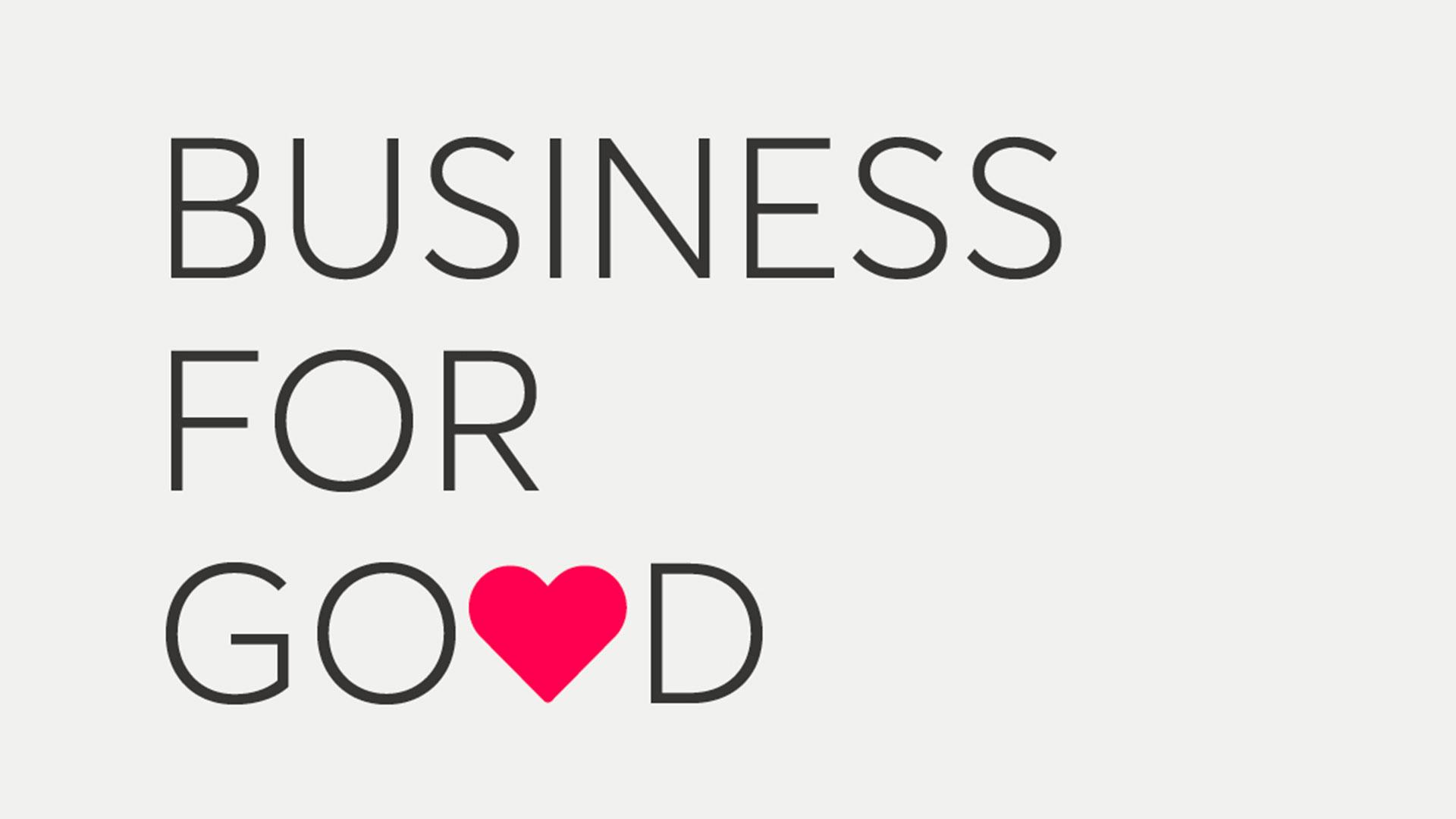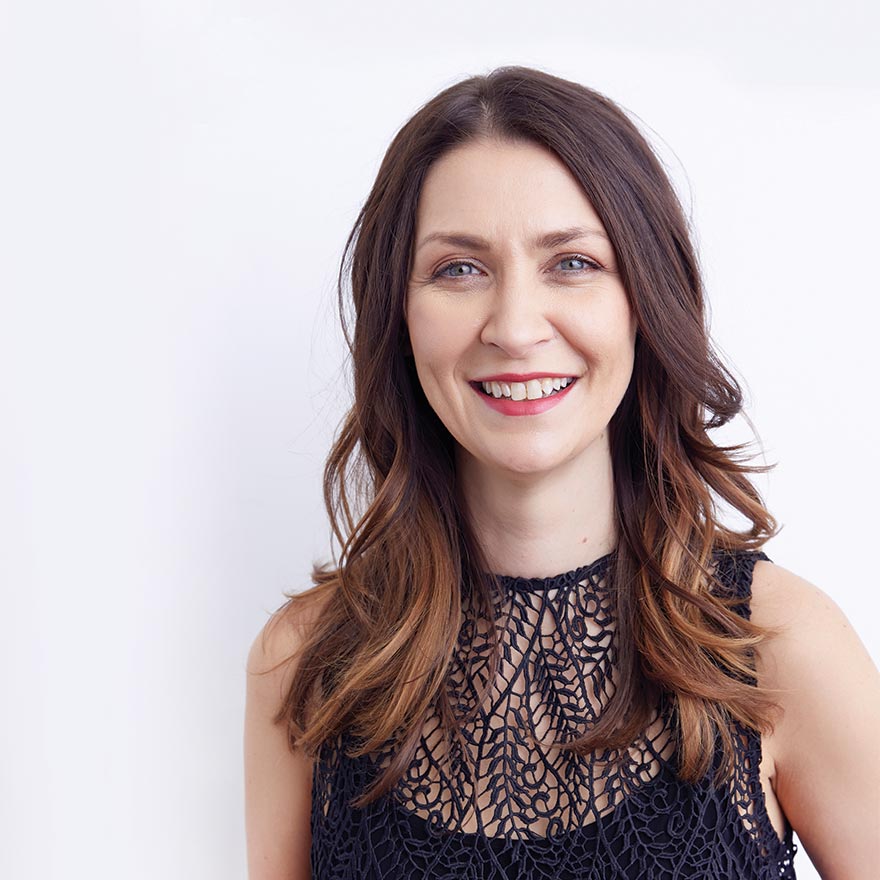Brands built on purpose leading change
For many years now, brands have been using cause marketing as a way to ‘give back’. In many cases it’s tacked onto their existing business strategy because it ticks a box customers are expecting, allowing them to let’s be honest – sell more stuff.
Doing good is no longer optional, it’s a necessity. People are incredibly discerning, looking for heartfelt authenticity and radical transparency. Not the buzzword kind. The really embedded, this is how we do business kind. Customers don’t want to be sold to, they want to be inspired. And every day more people are putting their money where their hearts are. 71% of millennials say they prefer brands that drive social and environmental change.
It’s not enough anymore to sit back, support a ‘cause’ and wait for them to do good on your behalf. There is a big difference between supporting a cause and being built on a purpose.
And it’s not about choosing between purpose or profit, it’s about purpose and profit. B Corps are leading the way in using business as a force for good. That’s how we are going to create the world we all want to live in. Paying lip service to purpose without real, active commitment is not really going to help anyone. Purpose needs to be built into the business model in order to drive change. It needs to inform all aspects of the business from where it’s going, to how it’s going to get there (including down the supply chain) and of course how it behaves.
A true belief or value should be something you have had to forgo money to live by. Companies built on purpose are constantly standing their ground, refusing to compromise on the things that matter to their deeper purpose. A great example of this is Whole Kids, who do business on their own terms, standing by their beliefs, no matter how big the opportunity may be they are putting at risk. And what does that do? It drives change in those around them too.
Another purpose led business doing amazing things is Calmar Corps, a United Nations accredited technology consultancy committed to delivering effective tech solutions for companies. They are a company that operates with one big purpose in mind – to improve the lives of communities around them. 10% of their profit goes into their Capability with Conscience fund which supports the work of NGOs around the globe. They also focus on creating gender equality in tech within their own business.
And to top it all off it’s better for the bottom line too. Nearly half of Unilever’s top 40 brands have a sustainability focus. And those brands are growing 50% faster than the other brands. Addressing the Deutsche Bank conference, Unilever CEO, Alan Jope, said: “Two-thirds of consumers around the world say they choose brands because of their stand on social issues.”
Shifting to a purpose driven business is not something that happens overnight, it’s a journey. But a journey we all need to shift gears on.









